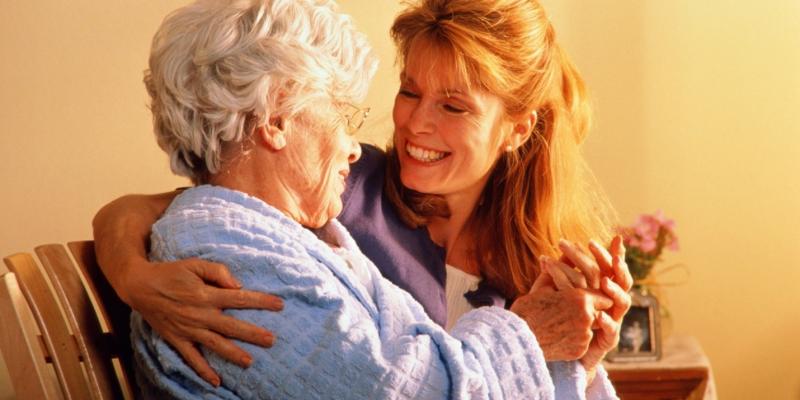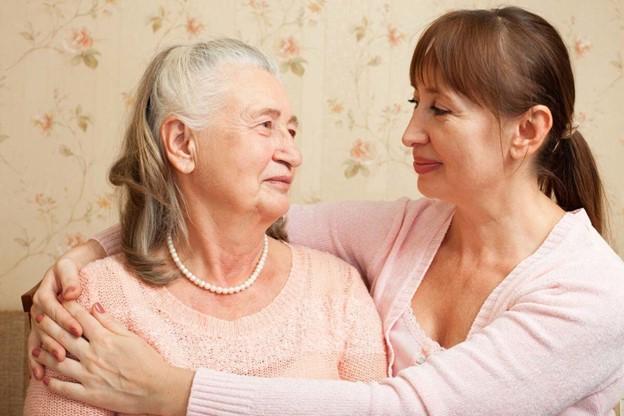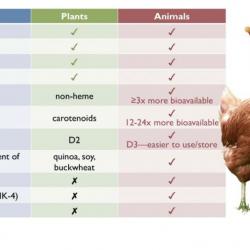How To Become A Paid Caregiver For A Family Member?

Is there a member in your family requiring home care? It’s normal for parents and relatives in their seniority to need assistance in their everyday activities like getting out of bed, bathing, getting dressed, eating, and going outdoors.
Instead of hiring a stranger to look after your parents, why not become a paid caregiver yourself? Making such a decision doesn’t necessarily mean quitting your job and being penniless while taking your loved one to appointments, cooking, and feeding him/her daily. There’s a multitude of programs through which a family member can become a paid caretaker.
If you need to become a paid caregiver in Georgia, make sure you learn more about these caregiver support programs.
Check your eligibility for Medicaid programs
The first method of becoming a paid caregiver for a member of your family is through the Medicaid program. This program is available in multiple states, designed to provide health coverage for people with low income, senior citizens, individuals with disabilities, etc. The budget Medicaid programs provide to the elderly or people with disabilities can be used for paying for any kind of products or services related to personal care, such as hiring a caretaker.
Potential family caregivers in Georgia are supposed to check whether such a program is available in this state, as well as gain insight into its eligibility requirements. Bear in mind that these requirements vary across states, hence imposing different conditions on candidates.
Not all states allow family members to become paid caregivers, setting various restrictions when it comes to the type of family relationship. For instance, some states allow spouses to become paid caregivers, while others pose restrictions.
Therefore, you’re advised to get in touch with the Medicaid office in your local area to make inquiries about the application process and get familiar with the program requirements. Georgia’s Structured Family Caregiving program provides financial compensation to family caretakers as long as they provide the necessary evidence in the process of application. Read here about the features, history, enrollment, benefits, and eligibility criteria of Medicaid.
In order for one to get paid for performing caretaking services, he/she is expected to provide a doctor’s confirmation regarding the level of care his/her parent or other relative needs. Also, potential caretakers should provide proof of working legally in the U.S. as well as undergoing a physical exam to prove their physical capabilities.

The amount of financial compensation is determined by the number of hours you’ll be required to look after your loved one. The number of hours is calculated in compliance with the level of assistance your parent needs, evaluated by a doctor.
Home-and Community-Based Services (HCBS)
Home-and Community-Based Services programs are designed to provide financial assistance to individuals limited in terms of performing essential activities such as eating, bathing, getting dressed, etc. HCBS programs aren’t restricted to helping the elderly but offer financial encouragement to caretakers of people with physical and intellectual disabilities and to those suffering from mental illnesses.
HCBS programs strive to relieve the caretaking burden by financing family members to become caretakers of their loved ones. Besides providing financial compensation, these programs offer guidance and support to individuals willing to take the role of caregiver. They help them provide the best health care to their parents, spouses, or other relatives without being concerned about finances. The following link, https://www.wikihow.com/Become-Your-Parents%27-Caregiver?fbclid=IwAR2acLGgr12NOZA2MejKuJktpOSQ5K-EGyxTKKVGvRONx41c9utpKZu9UMA, includes some helpful tips about becoming your parents’ caregiver.
Veterans aid
Veteran-Directed Home and Community-Based Services (VD-HCBS) programs are created for the purpose of helping veterans of any age to receive personal care in the comfort of their own homes instead of being taken to nursing homes. The financial compensation provided by VD-HCBS allows veterans to cover the cost of hiring a family caretaker.
Furthermore, Veteran-Directed Home and Community-Based Services aren’t provided to veterans in all states but the majority of them, such as Georgia, offer some sort of compensation. In order to gain information about the availability of these services in your local area, make sure you contact the Veterans Affairs office. This office is expected to inform you whether your parent or relative is eligible for their program. If so, you’ll be required to obtain a report from a doctor proving the level of personal care your loved one needs.
Another form of assistance for veterans is the Aid and Attendance program, offering help to individuals in need of assisted living. This financial compensation assists not only veterans but also their spouses by providing a sum of money for two people. Naturally, the provided finances can be used for paying for personal care in the form of nursing home assistance or a paid family caregiver.
Long-term care insurance policies
Another way of becoming a paid family caretaker is by checking whether your parent or relative has a long-term care insurance policy. Certain policies cover such care but most of them not unless the policyholder has requested such benefit to be included in his/her policy.
Make sure you check whether the member of your family has a long-term care insurance policy. In case he/she does, see if the policy includes caretaker payment. In order to be entirely sure, get in touch with the insurer for detailed information. Keep in mind that most policies cover home care provided by certified caretakers. In such a scenario, you’d need to acquire such a certification in order to become a paid caregiver.
Paid leave
Leaving your job isn’t the only way of becoming a family caretaker in cases where parents or relatives need short-term assistance. Nowadays, an increasing number of businesses offer paid leave to their employees when having to look after a senior relative. Generally, companies provide paid leave for a period between eight and sixteen weeks, enough for individuals to come up with a long-term solution if necessary without getting sacked.
Final thoughts
If you don’t want to hire a stranger to look after your parents, become a paid caretaker yourself.
It’s a highly rewarding experience!
More to Read:
Previous Posts:







